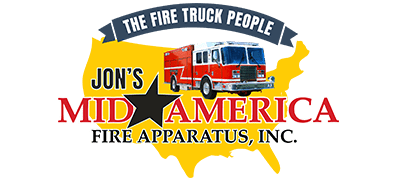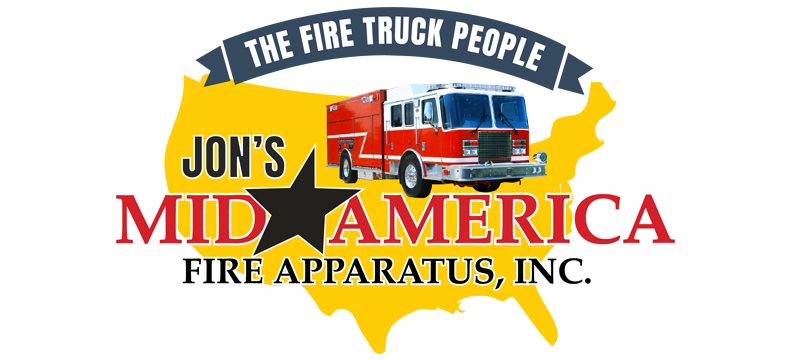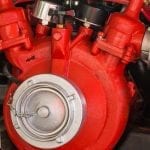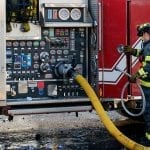The start of summer is just around the corner, and it’s already starting to heat up outside. We all love a nice hot day when we’re out at the lake or spending a day on the patio, but when it comes to firefighters, a day of hot weather is far from ideal. In fact, when the temperatures rise, the risk of death is higher than ever.
It doesn’t hit far from home either. Just recently, two firefighters in St. Louis County were hospitalized for heat exhaustion. No matter how experienced you are in the field, you’re still at risk for the dangers of heat illnesses.
Find out more about how you can spot the signs of heat-related illness, and what you can do to prevent it in the field.
Types of heat-related illnesses
There are several stages of experiencing heat-related illnesses. They often appear in the order mentioned below, but extreme heat can cause you to move through these stages rapidly.
Heat rash
A heat rash usually manifests near skin folds or where your clothes touch your body, and they can cause blisters that can feel prickly or itchy. It typically goes away on its own. This is the most mild form of heat-related illness.
Heat cramps
Heat cramps cause muscle pain or spasms throughout the body due to being dehydrated. While heat cramps are not inherently dangerous, they are a warning sign of worse things to come. Caution should be taken.
Heat exhaustion
Heat exhaustion is a serious illness that needs to be treated immediately. Symptoms include headache, dizziness and nausea. If not treated quickly, it can proceed into life-threatening heat stroke.
Heat stroke
Heat stroke can quickly become fatal. If a person has been in extreme heat and is experiencing confusion, seizures, high body temperature or has quit sweating, they need to be taken to the emergency room. If you even remotely suspect heat stroke, you need to take action.
Be aware that firefighters may have atypical symptoms of heat-related illnesses due to the nature of their work. For example, fire gear will typically cause all moisture to be kept inside, meaning that a firefighter with heat stroke may not experience dry skin at all. It’s better to be safe than sorry when it comes to heat, so always exercise caution.
What can I do to prevent it?
There are steps you can take to help prevent your risk of developing a heat-related illness. Before you go out for that next call, read over these tips:
- Acclimate yourself. Don’t rush into the summer season totally unprepared. In the months when the weather is first starting to heat up, start spending more days outside. If possible, try exercising with your gear on to get a feeling for the heat. Be careful not to push yourself too hard – this is all about getting used to the heat, not hurting yourself.
- Take a break. The worst thing you can do when you experience heat-related illness is to stay in the hot weather. Heat is cumulative, meaning that until you recover you’re still at risk for getting a worse heat-related illness. Just because you had heat cramps two hours ago doesn’t make you immune. Take time and recover before getting back into the heat.
- Hydrate, hydrate, hydrate. This should be obvious, but you should drink more water than you think is necessary. Hydrating before responding to a call can help you from getting dehydrated in the field. Be careful to avoid ice cold water though, as studies have shown that chilled water convinces your brain that your thirst is quenched before you’re properly hydrated.
- Get fit. Cardiac issues are the leading cause of death for firefighters in the field. While this can arise from a number of reasons, excessive heat can certainly be a cause of heart problems. The more fit you are, the quicker your body can recover and cool down during a hot fire.
If you notice signs of heat strain in yourself or others, report it to a supervisor immediately. If not, the consequences may be deadly.
At Jon’s Mid America, we care for the safety of our brave firefighters.
Whether you need a new apparatus or a full-service truck repair, we want to help those who help us. Reach out today!



